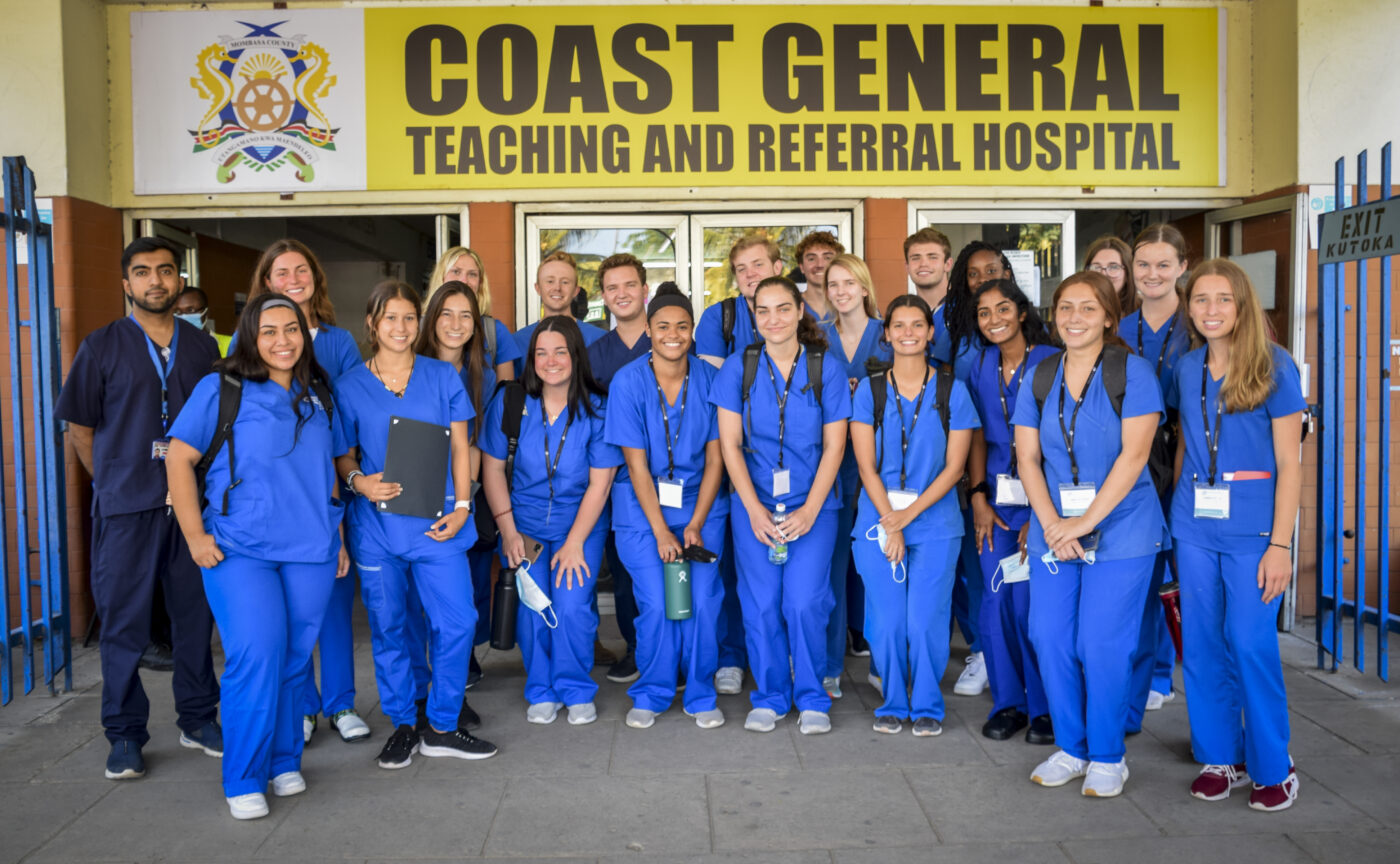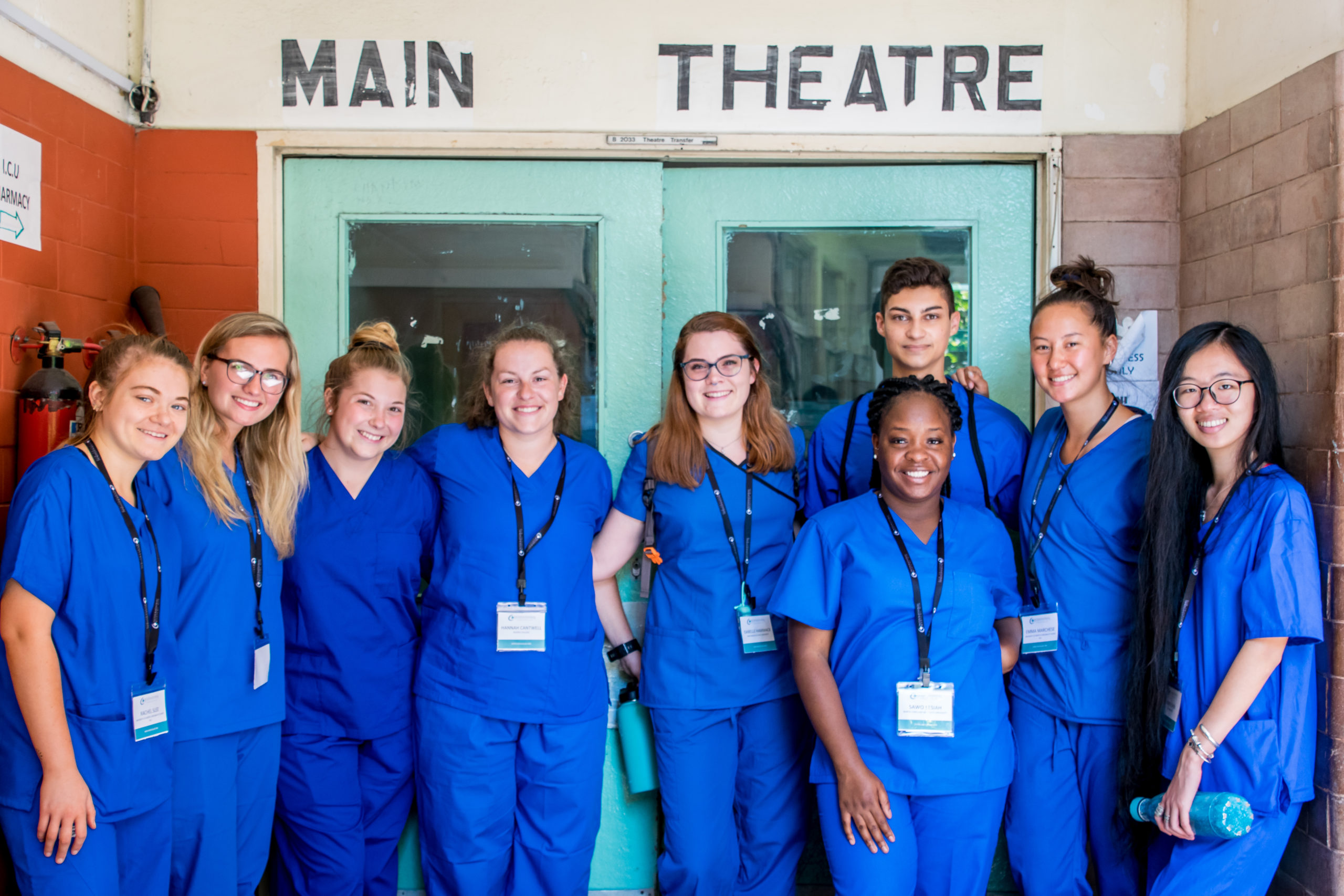Completing a pre-med internship could lead to exciting new experiences, especially abroad in Peru. Moreover, students could learn about the country’s culture, economics, and so much more than only medicine.
What’s more, a post from Stanford Medicine states the value of a pre-med internship for high school juniors. They explain that the training sparks the curiosity of the pre-med students, leading them toward a successful path in practicing medicine.
However, academic institutions or program coordinators could require pre-med students to document and share their experiences in an internship report or essay. An internship report can also feature the different skills you developed in your journey.
To help you with this, below are some valuable tips on writing an insightful account of your pre-med internship:
1. Include A Memorable Title and Introduction
An internship report is a way for readers to know and relive an internship experience in Peru from your perspective. So, as a good start, you should list essential details like your name and other personal details and what type of program you attended.
From there, briefly describe the entire experience without unnecessary details. It’s best to be concise in your narration, as doing so will place the focus on your internship achievements, goals, and learning and not make it seem like a rendition of someone’s holiday. Although students may be tempted to add personal experiences, those are more suited for friends and family on the student’s social media network and not in a formal report.
2. Clearly Define All The Sections
Depending on who reads the document, they may want to skip to specific parts. For example, one person would like to read more about the student’s responsibilities, while others want to know more about the student’s learning.
Thus, adding a list of the contents can help. Moreover, structuring the paragraphs is also recommended. As much as possible, discuss all details of one idea together and not under other headings in the same document. This way, you can express all relevant information clearly and make your report more readable.
3. Describe Your Responsibilities
Internship responsibilities generally differ between programs. In some cases, the coordinators or mentors of the program allow students to have more responsibilities than initially expected. But, regardless of the tasks assigned to you, defining your role during the experience will provide a better understanding to others of what the internship entails.
Below are some examples of the duty categories to add to this section:
- Clerical: Taking a patient’s medical history and documenting it
- Administrative: Writing patient reports and charts
- Medical: Accurately obtaining and charting vital signs like blood pressure or blood sugar
- Laboratory: Correctly labeling, delivering, and collecting laboratory samples
Here, students can also add how they felt about having those responsibilities and how they accomplished all their daily tasks. Exemplary actions won’t go unnoticed and could prove the student’s readiness to enter the demanding medical field.
5. Explain The Knowledge You Gained
Pre-med internships open up a new world of possibilities for students. Although the program’s primary aim is to expose them to the medical field, there could be other life lessons or skills they learn along the way.
Because there are different types of pre-med internships, not all students will have the same experience. An article by Indeed showcases there are 14 types of pre-med internships, and these include the following:
- Clinical Lab Internships
- Pre-Med Summer Interns
- Brain Science Intern
- Cancer Treatment Intern
- Red Cross Intern
- Policy Internship
- Co-Op Intern
- Education Internship
- Non-Profit Intern
- Pharmacology Internship
- Diversity Intern
- STEM Internship
- Environmental Health Intern
- Healthcare Administration Internship
Furthermore, showcasing the skills you learned and how you can apply them may impress the program coordinator or even a future employer. An article by Psychology Today describes the importance of lived experience, saying people who live through various experiences know the nuances and complexities of effectively dealing with them.
6. Provide Honest Feedback
An accurate experience account also includes the program’s challenging parts. Students may learn and have fun while in Peru, but they could also raise any of the following in their document:
- Questions They Still Want Answering
- Concerns About The Program
- Honest Feedback
- Any Suggestions For Improving The Internship
Writing an intern report or essay allows students to voice their opinions respectfully. Furthermore, the program coordinators can adjust the experiences for future students by using this feedback.
Final Thoughts
Pre-med students completing their internships in Peru may have varying experiences. Nonetheless, program coordinators or academic institutions still value their feedback in the form of internship reports or essays.
As long as students remember to keep their accounts brief and concise, they can accurately portray their newly learned skills. After all, the report could land on the desk of future employers looking for employees that showcase the required expertise.








